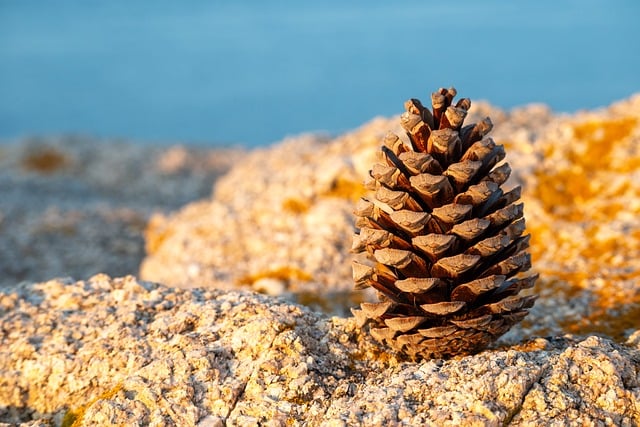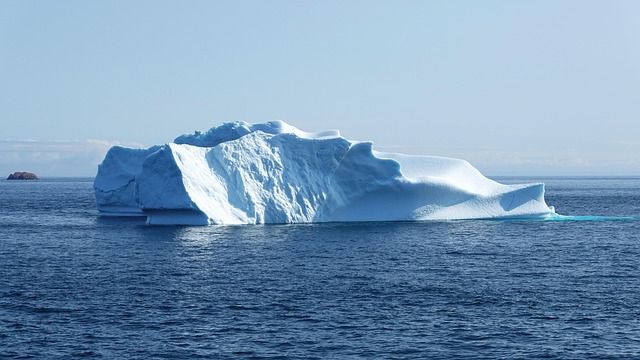Understanding Oxygen Deficiency in Our Changing Environment
As our planet continues to warm, the consequences of climate change ripple through ecosystems, affecting not just weather patterns but also the very air we breathe. One pressing issue that often flies under the radar is oxygen deficiency. This silent threat is tied to our melting ice caps and changing climates, holding profound implications for the environment and life as we know it.
The Connection Between Melting Ice and Oxygen Levels
When glaciers and polar ice melt, the consequences reach far beyond rising sea levels. As temperatures rise, ocean waters become warmer, leading to the reduced solubility of oxygen. Warmer waters can hold less dissolved oxygen, leading to oxygen deficiency in aquatic ecosystems. This means less oxygen is available for marine life, affecting everything from tiny plankton to massive whales.
Impact on Marine Life
The repercussions of oxygen deficiency in our oceans are alarming. Fish find it increasingly difficult to survive in hypoxic conditions, leading to die-offs and altered food webs. Species that rely on healthy coral reefs, which are also suffering due to warming temperatures, face further threats. The connection between our melting ice and marine oxygen levels serves as a stark reminder of how interconnected our planet is.
The Land We Breathe
But the threat of oxygen deficiency is not limited to the oceans. Our terrestrial ecosystems are equally vulnerable. Forests play a critical role in producing oxygen and sequestering carbon dioxide, yet they are also impacted by climate change. Increased temperatures can lead to droughts and wildfires, compromising the health of forests and reducing their oxygen output. This cyclical danger leaves us facing the very real risk of less breathable air.
Human Health in the Balance
As climate change leads to oxygen deficiency, the implications extend to human health. Poor air quality exacerbated by climate change increases the prevalence of respiratory diseases, affecting vulnerable populations. The degradation of ecosystems not only threatens biodiversity but also our access to clean air and water, factors critical to our survival.
A Global Call to Action
Addressing oxygen deficiency demands immediate action. As stewards of this planet, it is our responsibility to mitigate climate change through sustainable practices. Reducing carbon emissions, protecting forests, and preserving marine ecosystems can help combat oxygen depletion. Every effort counts; whether it’s individual action or collective change, each step we take contributes to a healthier environment.
The melt of our world’s ice shouldn’t merely be a moment of awe as we witness nature’s beauty. It should ignite a sense of urgency and responsibility. In the race against climate change, let’s prioritize the oxygen we need to thrive. Together, we can awaken to the realities of our shifting environment and advocate for the necessary steps to protect our planet.




